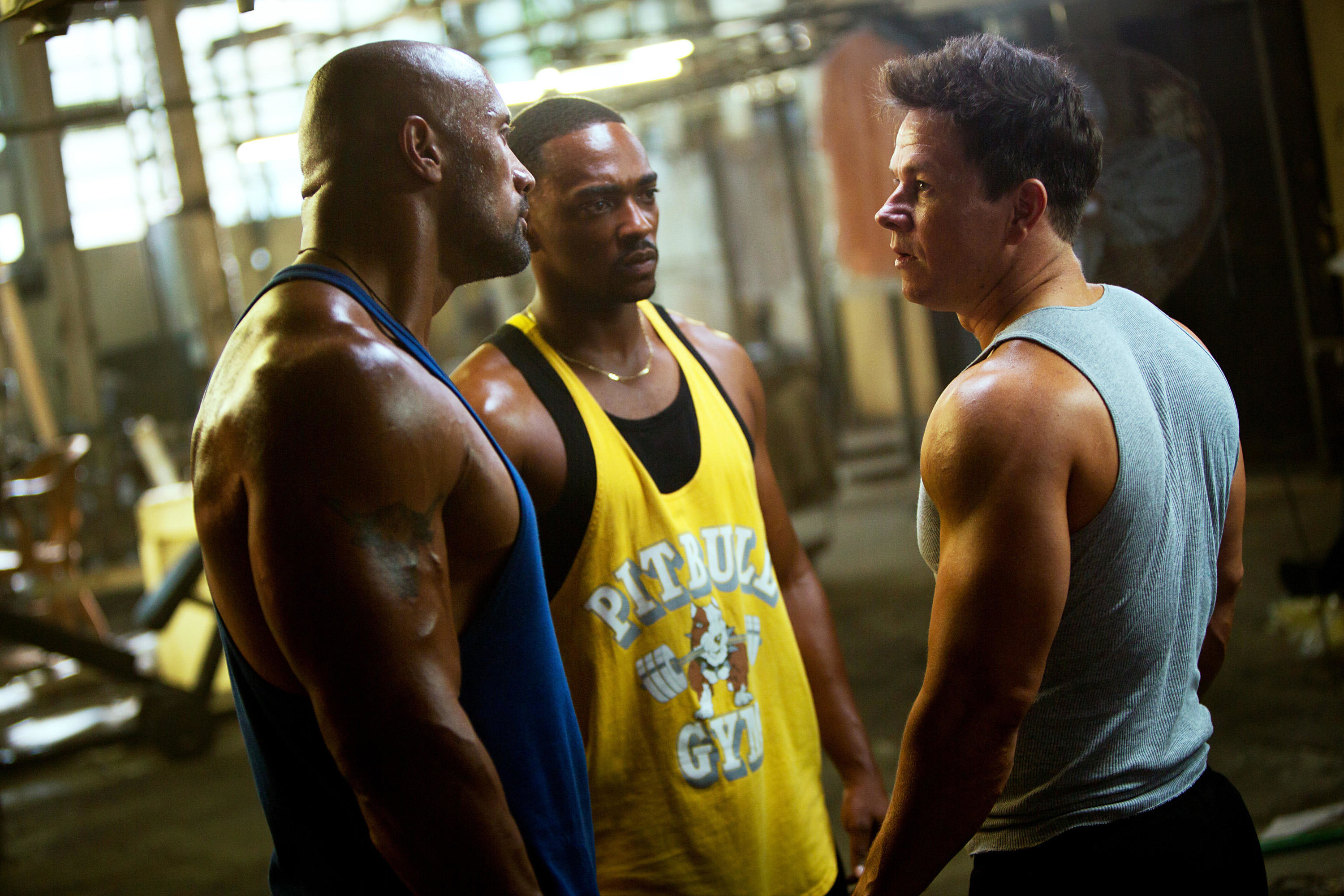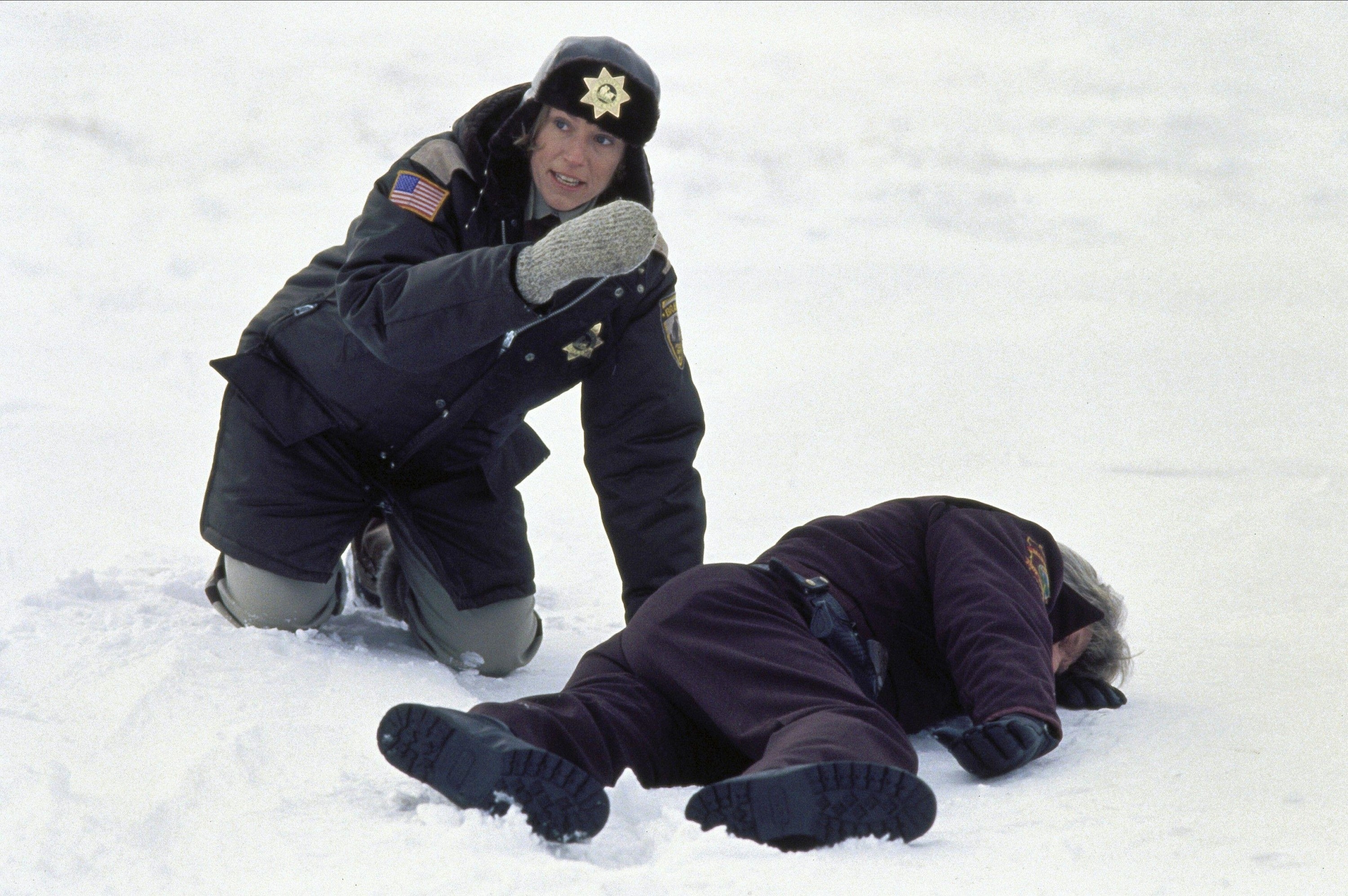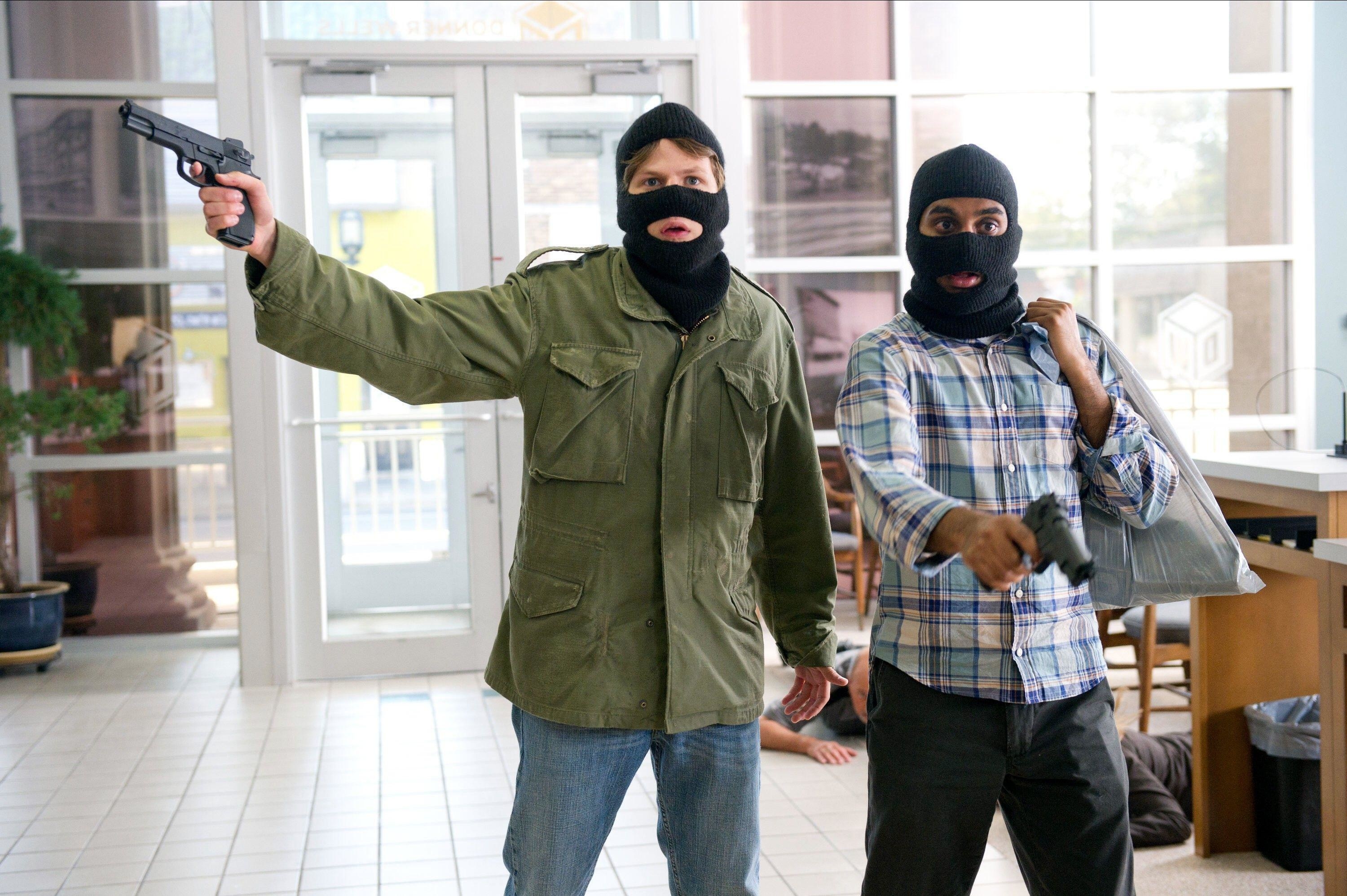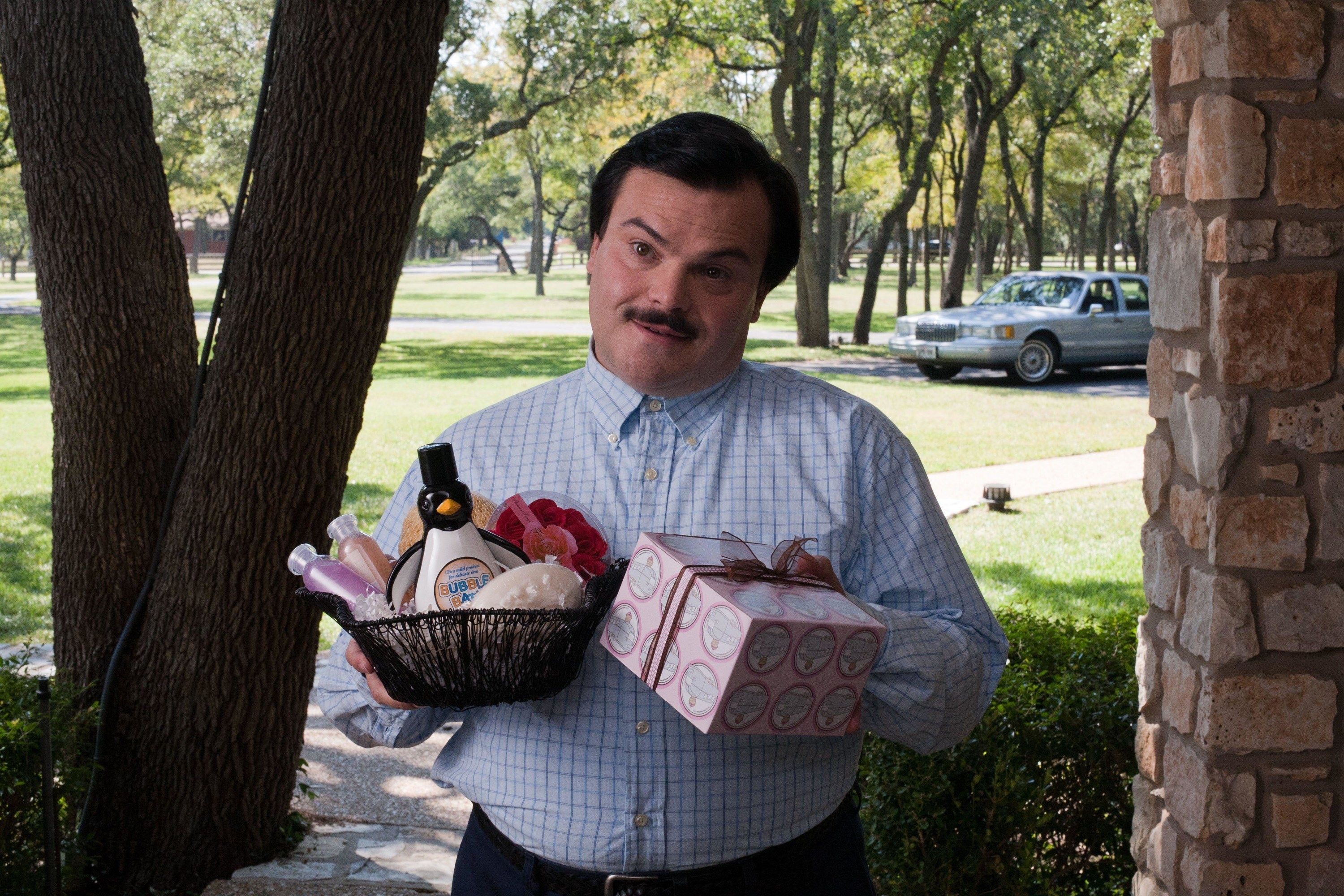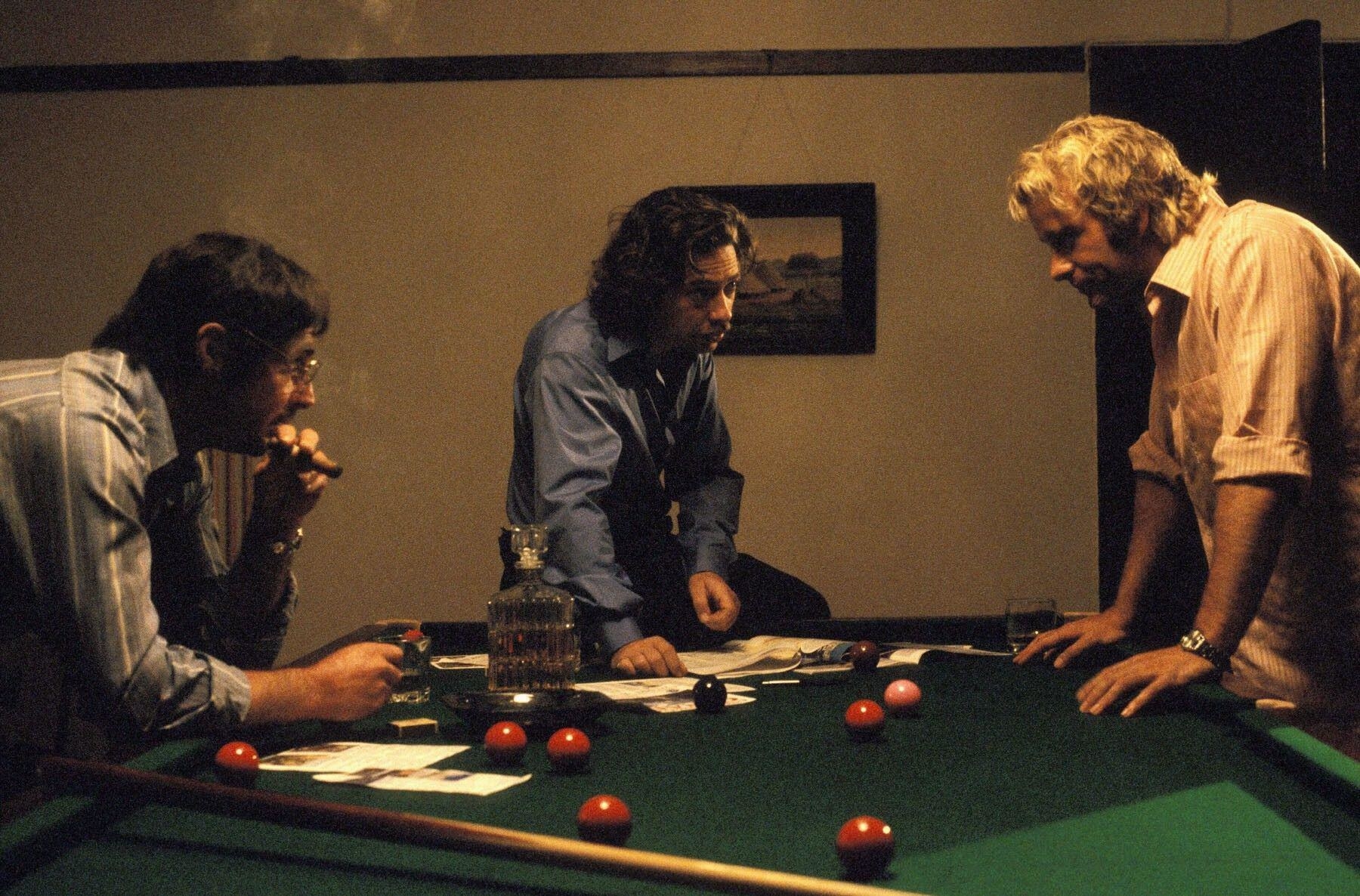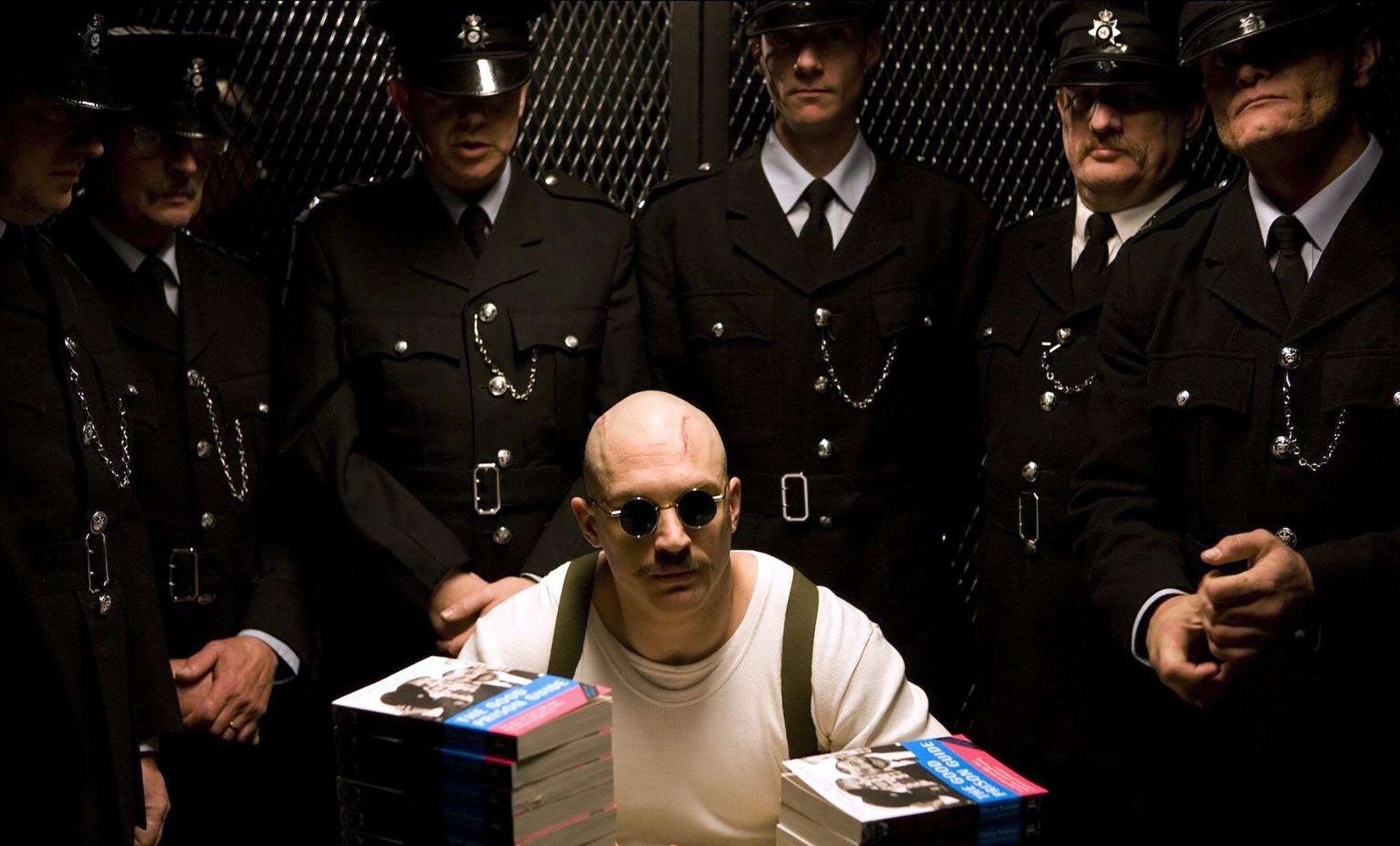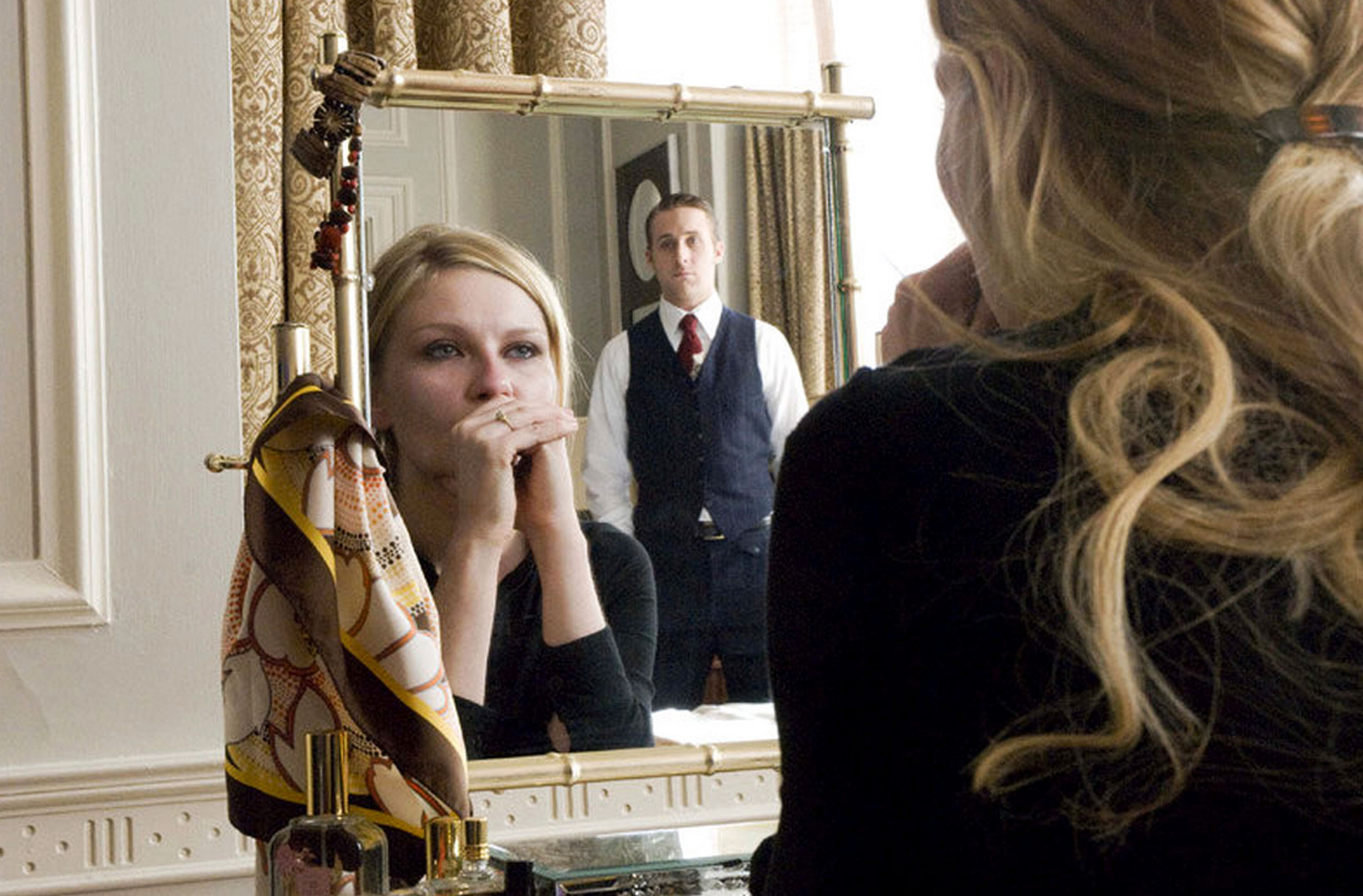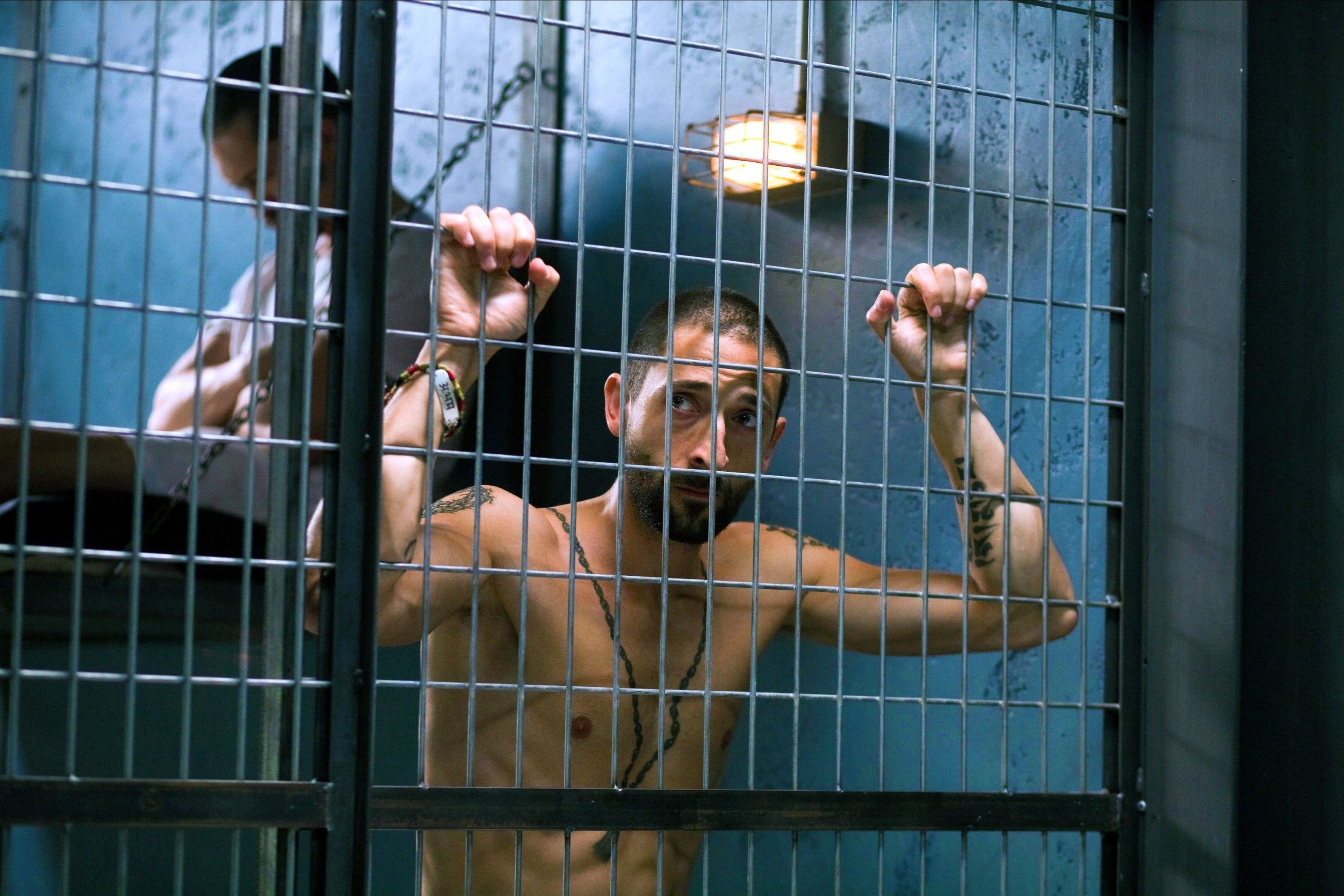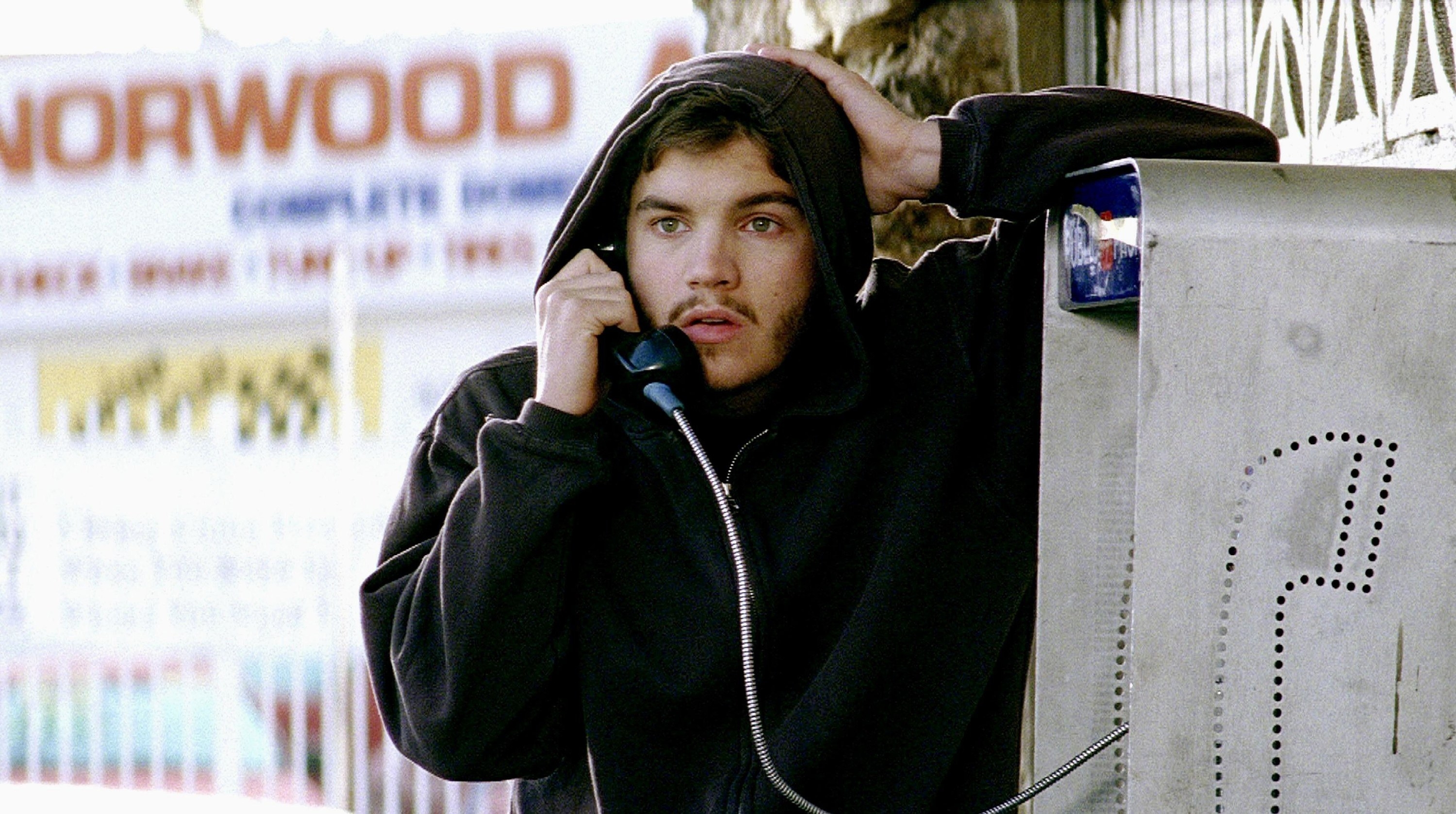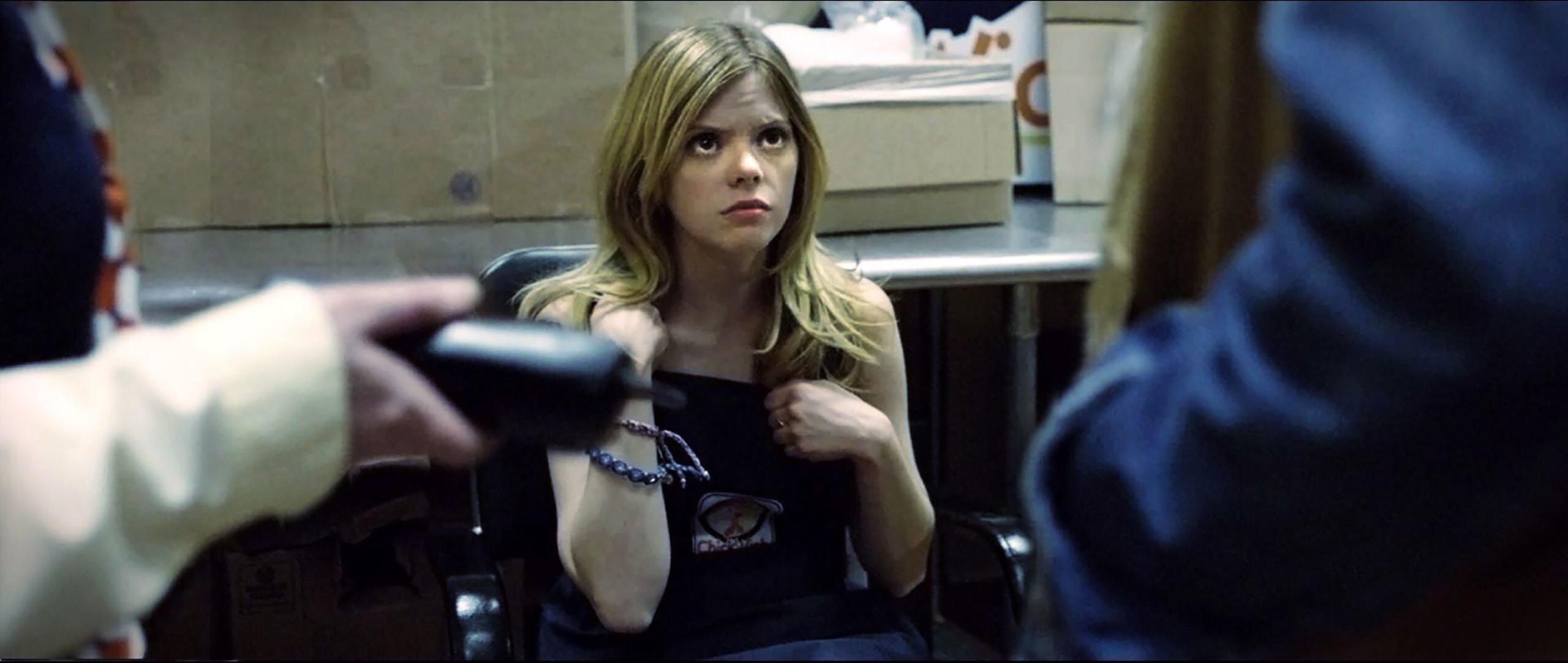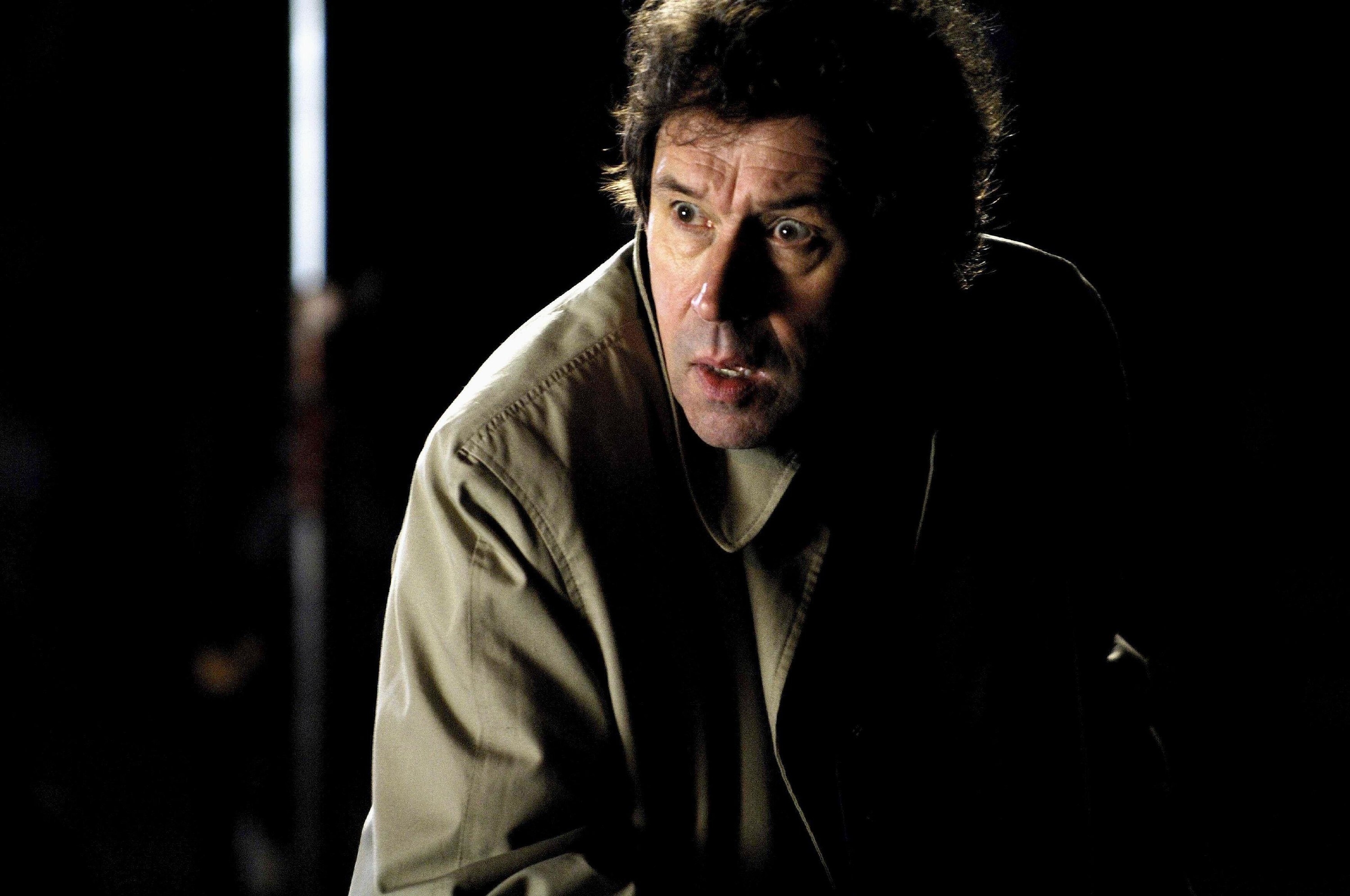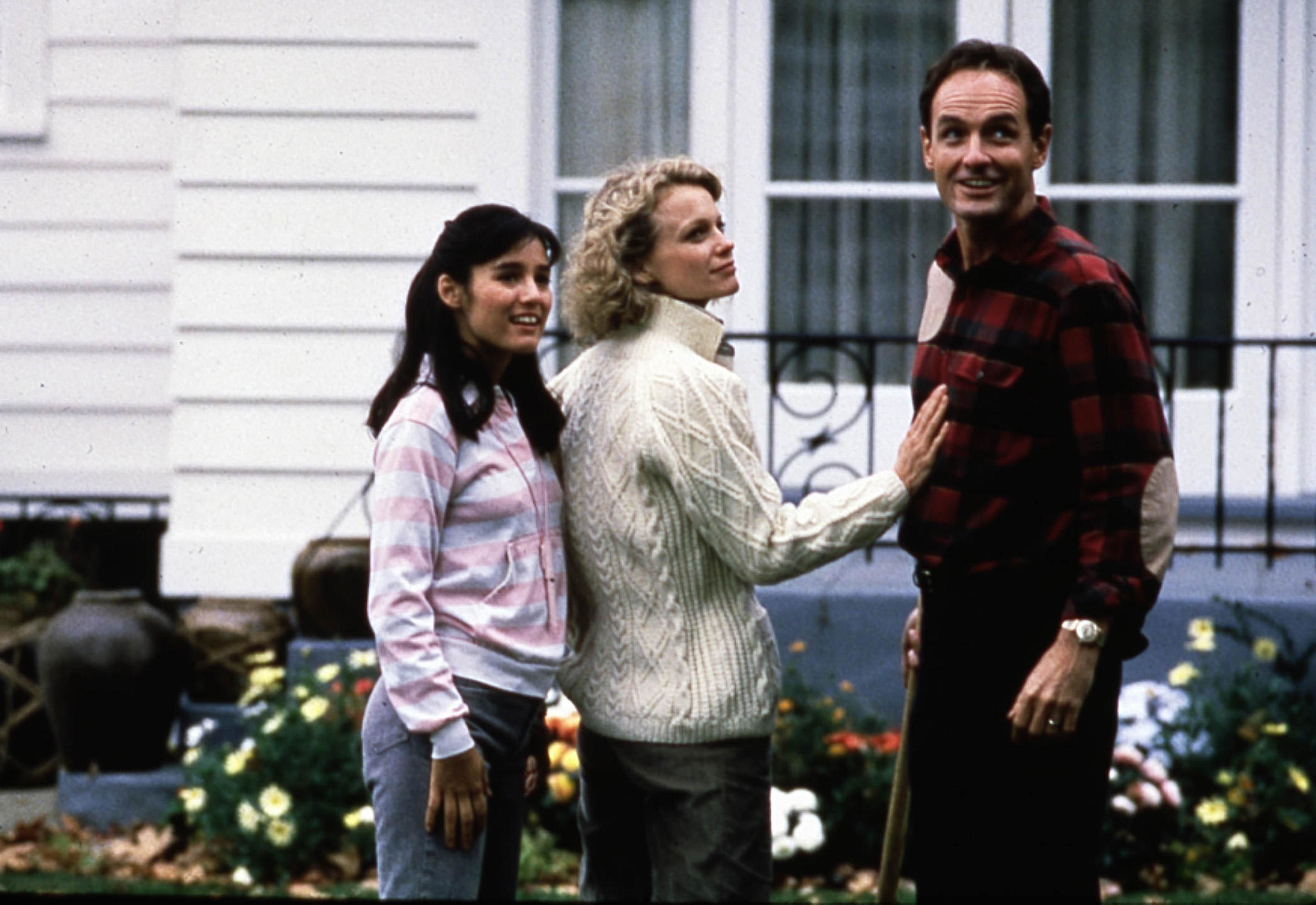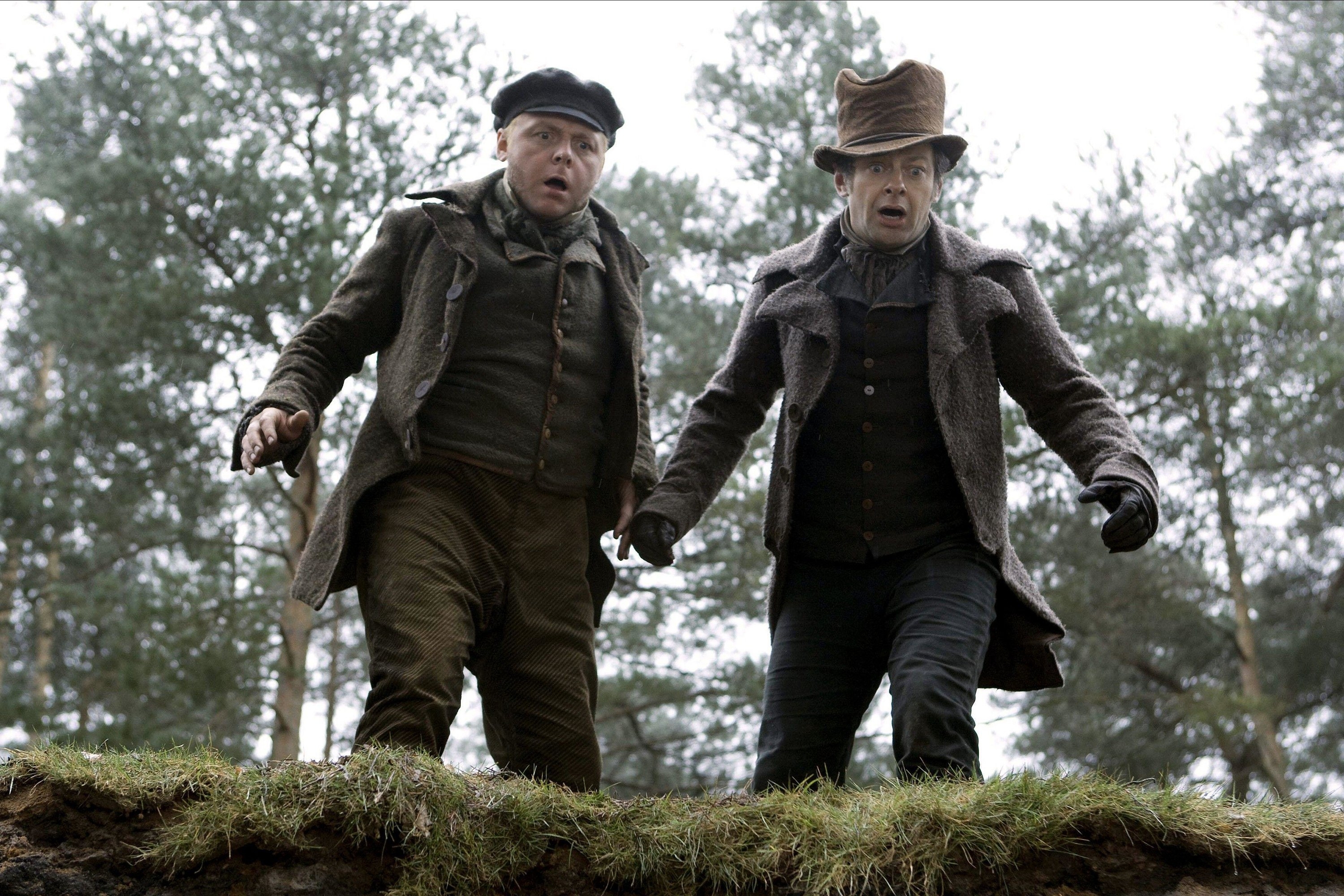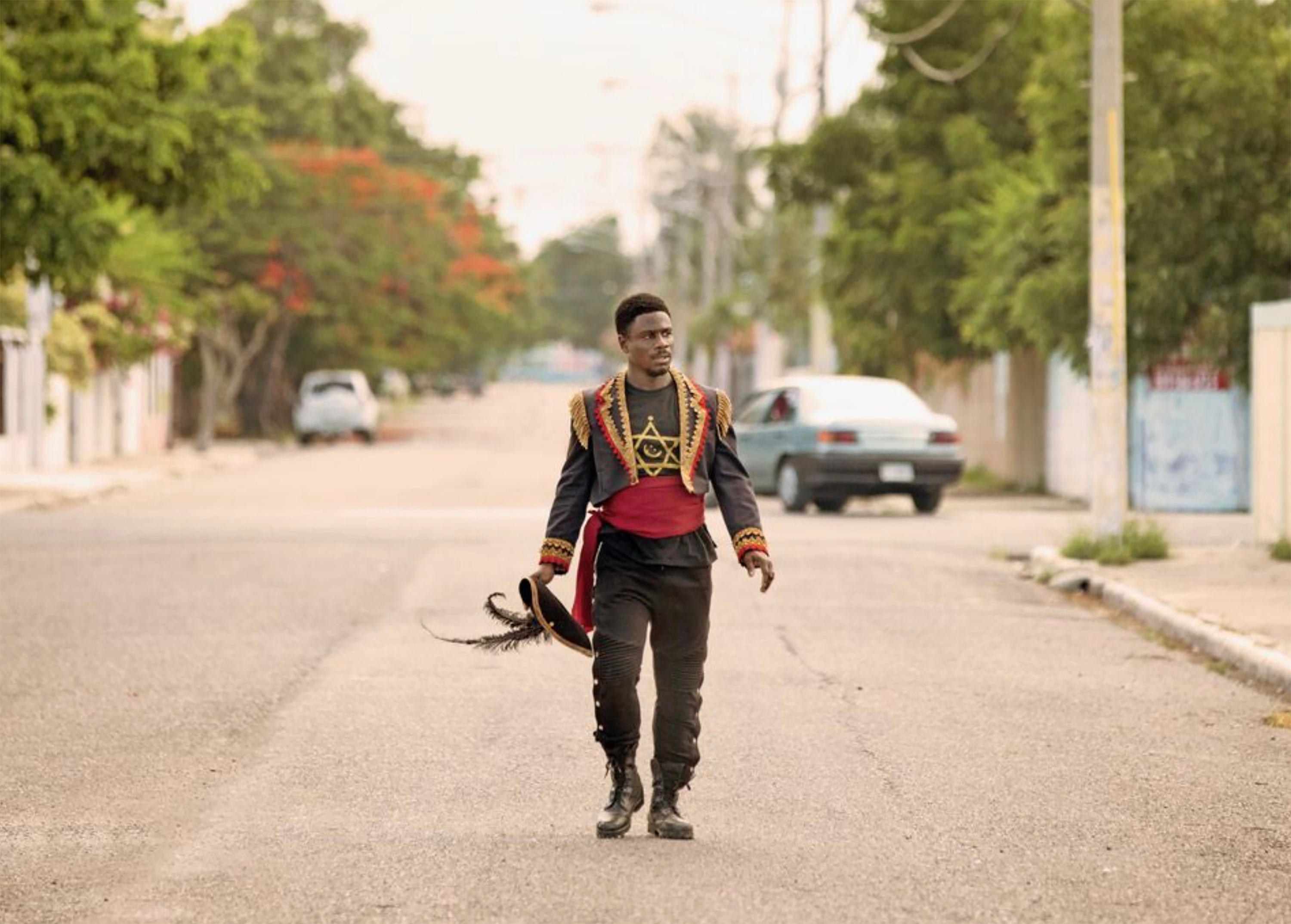In his follow-up to Moneyball, filmmaker Bennett Miller teamed with Annapurna Pictures for this Oscar-nominated biographical drama about one of the most shocking murders in the history of American sports. With an all-star cast anchored by an unrecognizable Steve Carell as eccentric and volatile billionaire John E. du Pont, the movie tells the tale of Olympic gold medal winners Dave and Mark Schultz (Mark Ruffalo and Channing Tatum, respectively), who were recruited to teach and train at du Pont’s private Foxcatcher wrestling facility in the late 1980s. Jealousy, ambition, and manipulation lay beneath the trio’s dynamic, slowly boiling over until the unthinkable happens. The final film of Bob Fosse, which was released only three years after the appalling crime had been committed, Star 80 was based on the Pulitzer Prize-winning article by Teresa Carpenter and follows the rise and untimely demise of Playboy model and nascent film star Dorothy Stratten, who was killed by her husband, a failed pimp and businessman, after leaving him for acclaimed filmmaker Peter Bogdanovich. Elevated by powerful performances by Mariel Hemingway and Eric Roberts, Fosse’s film is ultimately a heartbreaking and brutal showcase of a woman on the verge of superstardom and the circumstances leading to her murder. A provocative film that had been previously difficult to find in recent years, Star 80 was also noted for its less-than-complimentary depiction of Hugh Hefner, who sued the producers thereafter, as well as the choice to partially film the movie at the home where the crime had been committed. Though you probably know him better for his explosive, big-budget fare such as Armageddon, Bad Boys II, and the Transformers franchise, Michael Bay jumps into stranger and smaller waters with a story that redefines “strange but true.” Having happened in the mid-1990s in, you guessed it, Florida, Pain & Gain follows a trio of bodybuilders (Mark Wahlberg, Dwayne Johnson, and Anthony Mackie) who attempted to fund their lavish lifestyles through kidnapping, extortion, and murder. When one of their victims survives and hires a private investigator, these desperate criminals double-down on their bad behavior to jaw-dropping lengths. A satirical and cynical crime drama, Bay’s take on this true tale is the filmmaker’s stylish dive into exploitation film, which might explain the many historical inaccuracies on display throughout. An Academy Award-winning film from the Coen brothers that has since spawned a critically-lauded television series of the same name, Fargo surrounds a car dealership sales manager who hires two criminals to kidnap his wife so they can split the ransom money from his father-in-law. However, a series of events complicate matters, from the murders of random witnesses, a hand-off gone wrong, and the kidnappers’ unpredictable acts of violence, putting a local police chief hot on their trail. While the factual basis of the film has been the subject of debate, even by the Coens themselves, aspects of Fargo have been allegedly inspired by multiple true crime tales, including the 1963 murder of Carol Thompson, who was killed by an incompetent hitman hired by her husband in Minnesota, and the 1986 killing of Helle Crafts, whose body was disposed of in a bizarre manner featured prominently in the film. From the director of Zombieland, 30 Minutes or Less follows a pizza delivery man (Jesse Eisenberg) who is forced by two lowlife criminals (Danny McBride and Nick Swardson) to wear an explosive device and rob a bank for the $100,000 needed to hire a hitman (Michael Peña). If the scenario sounds vaguely familiar, you’re not wrong: The action-comedy was surprisingly inspired by the bizarre true crime story of Brian Douglas Wells and Marjorie Diehl-Armstrong, as the former was subjected to the same exploitative crime by the latter. Eventually detailed in the popular Netflix documentary series Evil Genius, the real-life saga was no laughing matter, as Wells was ultimately killed in the crime itself, and Diehl-Armstrong is currently serving a life sentence without the possibility of parole for her participation. Re-teaming with his School of Rock star Jack Black and Dazed and Confused breakout Matthew McConaughey, filmmaker Richard Linklater crafted this dark comedy from the true story of Bernhardt “Bernie” Tiede (Black), a beloved local mortician in Carthage, Texas who was the sole friend of the emotionally possessive millionaire widow, Marjorie Nugent (Shirley MacLaine). After reaching his breaking point, Tiede murders the woman, excusing her absence over the course of nine months while dedicating her money to local businesses and neighbors in need. When the crime is discovered, however, the local district attorney (McConaughey) finds out that Tiede’s upstanding reputation in his community makes it nearly impossible to find an unbiased jury of his peers. Bernie is not only a compelling and surprisingly hilarious true crime tale but even interjects real talking head testimonies from Tiede and Nugent’s actual neighbors to better ground the authenticity of story. Based on real crimes that gripped South Africa in the 1970s and 1980s (and further informed by those who were there on both sides of the law), Bronwen Hughes’s Stander surrounds Captain André Stander (Thomas Jane), a South African police officer disillusioned with the apartheid system in his government who decides to embark on a series of bank robberies, oftentimes using disguises acquired from his department’s undercover sector. After he is captured and sentenced, Stander befriends two other career criminals (Dexter Fletcher and David O’Hara) who plot to escape from prison and continue on a spree of even higher-profile robberies. From Bong Joon-ho, the Academy-Award winning director of Parasite and Snowpiercer, Memories of Murder was loosely based on Korea’s first confirmed serial murders, which targeted multiple women in Hwaseong between 1986 and 1994. Following the increasingly desperate investigation by a pair of detectives (Song Kang-ho and Kim Sang-kyung) as they wade into new territory in their careers, dealing with improperly handled evidence and a lack of forensic technology. A masterfully crafted drama that will keep you on the edge of your seat, Memories of Murder was produced and released in 2003, more than 15 years before a confession and DNA evidence would eventually deduce the killer to be previously convicted murderer, Lee Choon-jae. Elevated by the stylish and surreal filmmaking techniques of Drive director Nicolas Winding Refn as well as the star-making lead performance from Tom Hardy as the titular criminal, Bronson is an in-your-face biopic about Michael Peterson (aka Charles Bronson) infamously detailed as “the most violent prisoner in Britain” and “Britain’s most notorious prisoner.” A lifelong criminal who initially served 13 years in prison for armed robbery and attacking prisoners and guards alike, “Bronson” would turn to bare-knuckle boxing before planning a second robbery planted him back in prison, where his violent incidents have only increased and secured him a life sentence. The film takes a hyper-stylized look at his criminal history and outrageous temperament while cleverly refusing to co-sign or rationalize his behavior, which has helped to cement the film as a cult favorite. In a set of circumstances almost as strange as the crimes themselves, All Good Things was the fictional feature directorial debut of Andrew Jarecki, whose documentary Capturing the Friedmans became the definitive true crime film of the early ‘00s. A star-studded fictionalized retelling of the life and crimes of Robert Durst (played here by Ryan Gosling), the film received a limited release and ultimately fell under the radar, but All Good Things found one notable fan: Durst himself. In fact, Durst’s admiration for the film inspired him to allow Andrew Jarecki to interview him for a project that would eventually become The Jinx, the explosive documentary series that featured Durst’s accidental on-air murder confession. The English language remake of the 2001 German film Das Experiment, Prison Break creator Paul T. Scheuring’s dramatic thriller follows a psychological study in which everyday people participate in a two-week experiment that emulates the conditions of a prison, with six volunteers as guards and 20 volunteers as inmates. Featuring an impressive cast that includes Academy Award-winners Adrien Brody and Forest Whitaker, The Experiment details how the conditions rapidly became inhumane and sadistic for the inmates as the guards reveled in their power and sadistic ego-boosting, all of which falls in line with Dr. Philip Zimbardo’s real Stanford prison experiment in 1971 on which the film is based. Though the film fictionalizes many aspects of the experiment, particularly those within its third act, the real life study remains an ethical and human rights disaster that is argued over and criticized to this day, even though there were no legal repercussions for Zimbardo or the participating volunteers. A gritty true story that helped to put the late, great Anton Yelchin on the map and solidify Justin Timberlake as an actor worth watching, Nick Cassavetes’s Alpha Dog shares the story of a young drug dealer whose feud with an indebted underling escalates when he kidnaps his rival’s younger brother as collateral. While the younger brother endears himself to the drug dealer and his gang, a grim reality sets in when the potential consequences of their actions become clear to the kidnappers, setting them down a desperate and dangerous path. Inspired by the real-life crimes of Jesse James Hollywood, who was awaiting trial as of the film’s production and release, Alpha Dog notably complicated his IRL legal proceedings, causing the deputy district attorney on the case to be replaced due to his involvement as a consultant on the movie, while Hollywood’s attorney attempted to block the film’s release. Known as Snowtown internationally and based on the depraved crimes committed around Adelaide, Australia throughout the 1990s, Justin Kurzel’s critically acclaimed yet incredibly harrowing dramatic thriller follows two frequently abused teenagers who fall under the influence of a new father figure who indoctrinates them with hateful ideology before ushering them into becoming key figures in his sadistic murder gang. Featuring a cast of mostly non-professional actors locally discovered in the area where the murders actually occurred, the real murders are among the most notorious in the history of the continent, with Snowtown carrying a stigma so venomous that the town has even discussed changing its name permanently. Inspired by a truly cruel and unusual crime that took place in Mount Washington, Kentucky in 2004, controversial filmmaker Craig Zobel directed this cinematic gut-punch that depicts an incident in which a heinous caller (Pat Healy) pretending to be a police officer convinced a restaurant manager (Ann Dowd) to embarrass, violate, and harm a young employee (Dreama Walker). As shocking as the real event was, having been preceded by nearly 12 years of other similar calls across 30 states, perhaps the most disturbing aspect of the crime spree was the subsequent acquittal of suspect David Richard Stewart, who was arrested for the crime based on credible physical evidence. The final feature film from the late and beloved Stuart Gordon, who was best known for such horror classics as Re-Animator and From Beyond, Stuck follows an irresponsible caregiver (Mena Suvari) who hits a recently evicted man (Stephen Rea) with her car in a drunk driving accident. Discovering that he is alive and trapped in her windshield, the caregiver ultimately decides to let him die in her garage instead of calling for help and tasks her boyfriend (Russell Hornsby) to help with disposing of the body. Shockingly, the story of Stuck spawned from a real-life tragedy, having been directly inspired by the murder of Gregory Biggs, a homeless man who was hit by a nursing assistant in Texas and left to die under nearly identical circumstances. Released in the United States more than 30 years after its international release due to its disturbing content and stark depiction of serial killings, Angst follows a mentally unstable sociopath (Erwin Leder) who immediately plots to commit murder following his release from prison. Tempted to kill strangers in his everyday life, he eventually breaks into a random house, where he sets his foul sights on a family unaware of his presence in their home. A lightning rod for controversy, Gerald Kargl’s terrifying serial killer thriller is made even more eerie by the fact that it was loosely based on Werner Kniesek’s murder spree, which similarly happened while on parole only three years prior to the film’s release. Produced by Lucky McKee, who previously directed the cult classic May, Chris Sivertson’s The Lost surrounds a charismatic yet volatile young man (Marc Senter) who had previously covered up a double murder during his teenage years, the detectives determined to punish him by any means necessary, and the unpredictable women caught in their web of tension. Adapted from the Jack Ketchum novel of the same name, The Lost is based on the real murders of Charles Schmid Jr., who was known as “The Pied Piper of Tucson” due to his charisma and standing among local teenagers, several of whom would help cover up his crimes. Furthermore, Schmid was notable among true crime scholars for stuffing cowboy boots with newspapers and aluminum cans to appear taller, the liberal use of pancake makeup, and his penchant for stretching his lower lip with a clothespin as to better resemble Elvis Presley. Before he would steal the show on Lost as John Locke, Terry O’Quinn made a name for himself as an actor (and a superb on-screen villain) in Joseph Ruben’s The Stepfather. The psychological horror film surrounds a serial killer who ingratiates himself into family dynamics in a patriarchal role, which he maintains until his vicious side eventually reveals itself. Though the film certainly follows archetypes from slasher films and domestic thrillers of the time, The Stepfather is notably based of John List, who killed his family in Westfield, New Jersey before assuming a new identity, remarrying, and avoiding apprehension for almost two decades until an episode of America’s Most Wanted brought him to justice. Inspired by some of the most curious crimes in Scotland’s history, Burke & Hare follows a pair of small-time criminals (Simon Pegg and Andy Serkis) who turn to grave-robbing to garner money and favor with a local doctor (Tom Wilkinson) who needs corpses for medical science. Between practical complications and a string of bad luck regarding very decomposed corpses, the two criminals eventually turn to murder to streamline their work and provide the doctor with fresh cadavers, putting them in the crosshairs of police officers and extortionists. As you can guess, Burke & Hare were both real criminals who actually committed these surreal and brutal acts, and in an act that redefines irony, William Burke’s skeleton was eventually put on display at the Anatomical Museum of Edinburgh Medical School after his hanging, where it remains to this day. With a damning tagline that claims the film is “based on a hundred true stories,” brilliant British satirist Chris Morris based this biting comedy about an eccentric religious commune — and the desperate federal agents going above and beyond to orchestrate grounds on which they can arrest them — on myriad FBI investigations bordering on corruption after learning about the Liberty City Seven, a group of largely Haitian Catholics who claimed their intention to ride into Chicago on horseback and collapse the Sears Tower, despite having no explosives, horses, or the manpower to do so; in fact, the only grounds for their alleged “ground war on the United States” was money provided to them by the FBI under the guise of “Al-Qaeda operatives,” a story so absurd and stupid that it has to be true.
